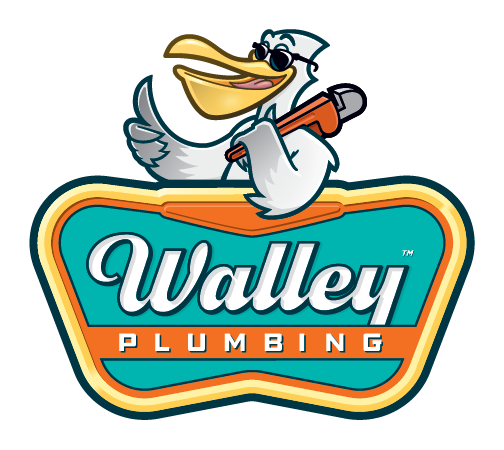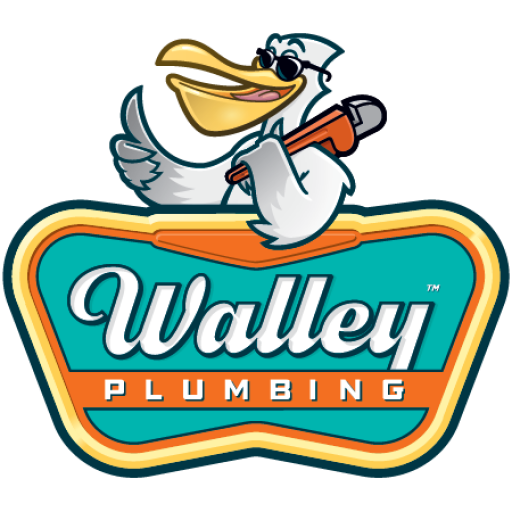How to Choose the Right Water Heater for Your Home: A Comprehensive Guide
Choosing the right water heater for your home is a significant decision that can impact your daily comfort, energy bills, and the overall efficiency of your household. With various types, sizes, and technologies available, it can be overwhelming to determine the best option for your needs. In this comprehensive guide, we will explore the different types of water heaters, key factors to consider, and tips to help you make an informed decision.
Types of Water Heaters
- Traditional Storage Tank Water Heaters
- Overview: These are the most common type of water heaters found in homes. They consist of an insulated tank where water is heated and stored until needed.
- Pros: Lower initial cost, readily available, and can supply hot water even during power outages (if using gas).
- Cons: Higher energy consumption due to heat loss, limited hot water supply, and bulkier design.
- Tankless Water Heaters (On-Demand)
- Overview: Tankless water heaters heat water directly without the use of a storage tank. When hot water is needed, cold water travels through a pipe into the unit and is heated by either a gas burner or an electric element.
- Pros: Energy-efficient, endless supply of hot water, space-saving design, and longer lifespan.
- Cons: Higher upfront cost, may require upgrades to gas lines or electrical systems, and potential lag time in delivering hot water.
- Heat Pump Water Heaters (Hybrid)
- Overview: Heat pump water heaters use electricity to move heat from one place to another instead of generating heat directly. They can be two to three times more energy-efficient than conventional electric resistance water heaters.
- Pros: Highly energy-efficient, lower operating costs, and environmentally friendly.
- Cons: Higher initial cost, performance can be affected by the ambient temperature, and they require more space due to their size.
- Solar Water Heaters
- Overview: Solar water heaters use the sun’s energy to heat water. They typically consist of solar collectors and a storage tank.
- Pros: Renewable energy source, significant energy savings, and environmentally friendly.
- Cons: High initial cost, dependent on sunlight, and may require a backup system for cloudy days.
- Condensing Water Heaters
- Overview: Condensing water heaters are a type of gas water heater that is highly energy-efficient. They use the hot exhaust gases to heat the water, which would otherwise be wasted.
- Pros: Energy-efficient, lower operating costs, and suitable for large households.
- Cons: Higher upfront cost and complex installation.
Key Factors to Consider
- Household Size and Hot Water Demand
- Determine the number of people in your household and their hot water usage patterns. A larger household with high hot water demand may benefit from a tankless or condensing water heater, while a smaller household with moderate usage might find a traditional tank water heater sufficient.
- Energy Efficiency
- Look for water heaters with high energy efficiency ratings to save on utility bills and reduce your carbon footprint. Energy Star-rated models are a good starting point. Tankless and heat pump water heaters are typically more energy-efficient than traditional storage tank models.
- Fuel Type
- Consider the fuel type available in your home—electricity, natural gas, propane, or solar energy. Each fuel type has its advantages and disadvantages in terms of cost, availability, and efficiency.
- Initial Cost vs. Long-Term Savings
- While some water heaters may have a higher initial cost, they can offer significant long-term savings through lower energy consumption and maintenance costs. Evaluate the total cost of ownership over the lifespan of the water heater.
- Space Availability
- Assess the space where the water heater will be installed. Tankless and condensing water heaters are more compact and can fit in smaller spaces, while traditional storage tank and heat pump water heaters require more room.
- Climate and Environmental Conditions
- Consider the climate and environmental conditions of your location. For example, heat pump water heaters are more efficient in warmer climates, while solar water heaters are ideal for regions with abundant sunlight.
Tips for Making the Right Choice
- Assess Your Hot Water Needs
- Make a list of your household’s hot water needs, including the number of bathrooms, kitchen appliances, and laundry usage. This will help you determine the appropriate size and type of water heater.
- Consult with a Professional
- Engage a professional plumber or water heater specialist to assess your home’s plumbing system, fuel availability, and space constraints. They can provide valuable insights and recommendations based on your specific needs.
- Consider the Total Cost of Ownership
- Factor in not just the initial purchase price, but also the installation, maintenance, and operating costs over the water heater’s lifespan. Energy-efficient models may have higher upfront costs but can lead to significant savings in the long run.
- Read Reviews and Compare Models
- Research different brands and models, read customer reviews, and compare features and warranties. This will help you identify reliable and high-performing water heaters.
- Look for Rebates and Incentives
- Check for any available rebates, tax credits, or incentives for purchasing energy-efficient water heaters. These can help offset the initial cost and make upgrading to a more efficient model more affordable.
Conclusion
Choosing the right water heater for your home involves considering various factors such as household size, energy efficiency, fuel type, and space availability. By understanding the different types of water heaters and assessing your specific needs, you can make an informed decision that ensures reliable hot water supply, energy savings, and long-term satisfaction. If you’re unsure about which water heater is best for your home, consult with the experts at Walley Plumbing Company. Our experienced professionals are here to help you select and install the perfect water heater to meet your needs and enhance your home’s comfort and efficiency.

